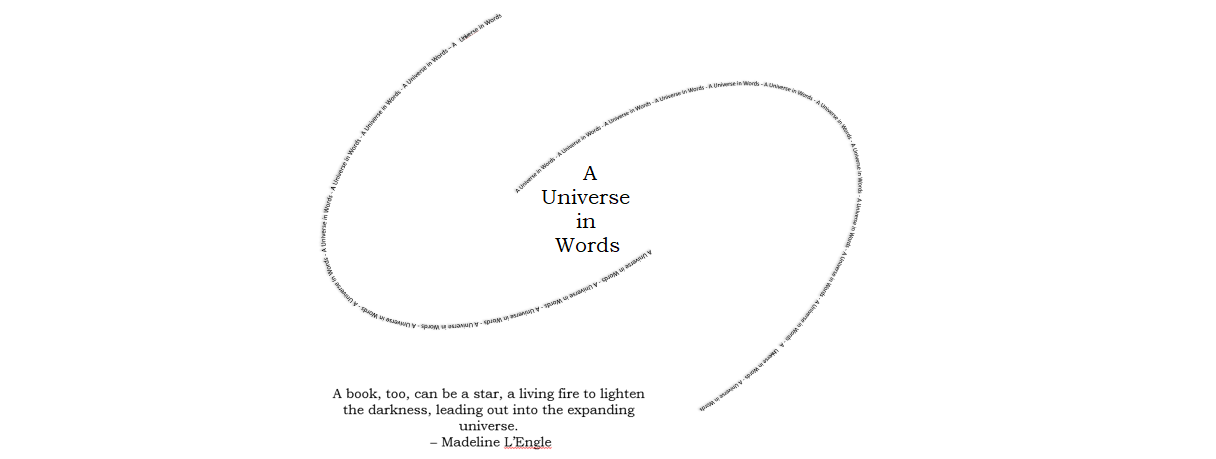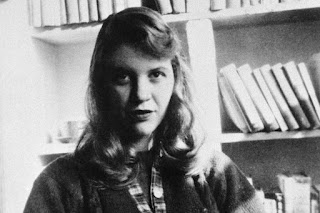Review: 'The Daughter of Doctor Moreau' by Silvia Moreno-Garcia
Pub. Date: 7/19/2022
Publisher: Quercus Books; Jo Fletcher Books
From the New York Times bestselling author of Mexican Gothic and Velvet Was the Night comes a dreamy reimagining of The Island of Doctor Moreau set against the backdrop of nineteenth-century Mexico.
Carlota Moreau: A young woman, growing up in a distant and luxuriant estate, safe from the conflict and strife of the Yucatán peninsula, the only daughter of a genius - or a madman.
Montgomery Laughton: A melancholic overseer with a tragic past and a propensity for alcohol, an outcast who assists Dr Moreau with his scientific experiments, which are financed by the Lizaldes, owners of magnificent haciendas with plentiful coffers.
The hybrids: The fruits of the Doctor's labour, destined to blindly obey their creator while they remain in the shadows, are a motley group of part-human, part-animal monstrosities.
All of them are living in a perfectly balanced and static world which is jolted by the abrupt arrival of Eduardo Lizalde, the charming and careless son of Doctor Moreau's patron - who will, unwittingly, begin a dangerous chain-reaction.
For Moreau keeps secrets, Carlota has questions, and in the sweltering heat of the jungle passions may ignite.
The Island of Doctor Moreau is a complex novel, one of the earliest science fiction novels to deal with the motif known as "uplift", which refers to the process of one species trying to upgrade the intellectual abilities of another species through scientific interventions. It is a motif that immediately raises a whole mountain of philosophical questions about bodily autonomy, morality and ethics. A major theme in the novel, as well as in Moreno-Garcia's adaptation, is the question of pain. Doctor Moreau, in both novels, is not deeply concerned with the pain he is inflicting through his experiments and scientific advancements. His transformations from animal to man are far from painless for those he is experimenting on, but their pain is nothing in comparison to the knowledge gained. It is this question of whether the end justifies the means, whether the pain of "lesser" beings is truly of less importance, that echoes throughout both novels. Moreno-Garcia brings a new layer to this question by making the context of imperialism explicit. "Every day racism" exists alongside the deep divide between animal and human in The Daughter of Doctor Moreau, yet they inform one another as well. Once we begin to draw lines between living beings, we run the risk of allowing cruelty for the sake of it. The Daughter of Doctor Moreau questions this idea of ownership and possession that is innate to empire and
Carlota is the daughter of the Doctor and for much of her life she lives a dreamy and isolated existence on a secluded estate. The hybrids are her playmates and her father is God. This is all shaken, however, with the arrival of the son of her father's patron, Eduardo. Brash, beautiful, and entitled, Eduardo's arrival throws everything into disarray, sharpening all the previously hidden tension. And furthermore, Carlota is changing. Something isn't right, but she can't quite put her finger on it yet. In the blistering heat of the Mexican desert, it all comes to a head. Written from both Carlota's perspective and that of Laughton, the British overseer who is running from his own past, The Daughter of Doctor Moreau asks crucial questions about self-determination and how our past shapes us. Carlota was a delightful character, so alive, so passionate, yet also sheltered from the world. Watching her confront the reality of her circumstance, the future planned out for her, was both heart-breaking and refreshing. Rather than making her lose her kindness or naivety, Moreno-Garcia finds a way to have her grow up and grow into herself fully. It was a joy to read.
Silvia Moreno-Garcia kind of blew onto the scene with Mexican Gothic, even though she had been writing consistently before then. What we loved about that novel was how she brought new depth to the Gothic genre with her piercing take on colonialism and Mexican culture. While writing exciting stories and deep characters, she also weaves in social commentary without overburdening the former. While Mexican Gothic definitely played into the horror lying under the surface of the Gothic genre, The Daughter of Doctor Moreau focuses on the cruelty of humans. Doctor Moreau's creations are not the monsters here. Much like Frankenstein, it is the boundless greed and ego of men like Moreau that reveals itself as monstrous. Add to this the colonial background of the time period Moreno-Garcia describes, she has once again created a novel that is at once a joy to read and also a book that asks complicated questions. Are we what we are created to be? Who gets to choose what you do with your life? Can your path be pre-determined or do you have a choice? While no novel can answer these questions, it can provide food for thought. Silvia Moreno-Garcia once again manages to walk the fine line between writing great fiction and making her readers think. I can't wait to see what comes next.
I give this novel...
5 Universes!
I adored The Daughter of Doctor Moreau and could not have asked for a better take on H.G. Wells' novel in 2022. Silvia Moreno-Garcia continues to write amazing books of beautiful prose and thought-provoking plots.




Comments
Post a Comment